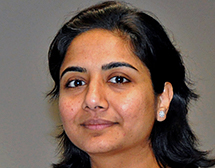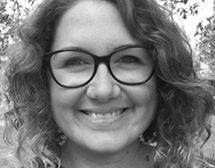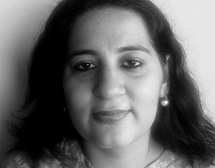
Inclusive quality education is integral to creating societies that are interconnected, based on values of social justice, equity of opportunities and freedom. Across the globe there is growing focus on providing inclusive quality education for all children, including those with disabilities. The Sustainable Development Goals make an explicit commitment to the education of children with disabilities, and other marginalized groups. Nevertheless, children with disabilities remain the most marginalized in educational systems across the world, more so in southern contexts. This report critically engages with existing knowledge in the fields of inclusive education and disability, drawing on international trends and recent developments. The report elucidates two contrasting country contexts, India and England, both with strong disability legislation, to highlight how vastly different systems have engaged with the education of children with disabilities and their current educational status. The analysis provides important reflections for mapping out future developments in both policy and practice. The report proposes the ‘three Rs model: rights, resources and research’, as a useful framework for advancing the debate on inclusive quality education.
Authors

Dr. Nidhi Singal
Reader in education, Faculty of Education, University of Cambridge
Nidhi has worked extensively with children and young people with disabilities in South Asia and Africa.

Ms Hannah Ware
Phd researcher, Faculty of Education, University of Cambridge
Hannah is researching the self-concept and belonging of children identified as having SEN/D learning in schools in England.

Ms Shweta Khanna Bhutani
Research analyst
Shweta has been working in India in the Disability and Education sector for the last 10 years. She undertakes projects as a Research Analyst and facilitates training sessions.
This report has been reviewed by:
- Prof. Seamus Hegarty, Warwick University
- Dr. Clayton Keller, Keller Consulting, LLC.



